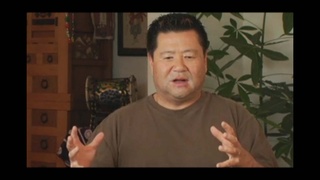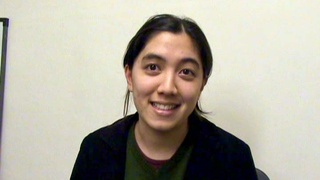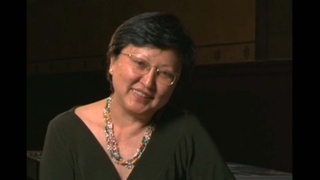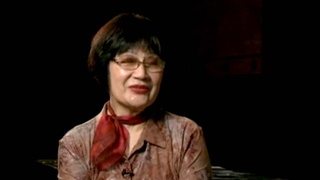Interviews
Generational Change (Spanish)
(Spanish) Perhaps the Issei and the Nikkei have done [so] much in order that we may have the opportunity right now to progress. Things that I hear from my mom, [and things] that I heard from my grandmother sometime ago, was the fact that they suffered a lot during the war. They suffered much repression [back] then, and therefore the Japanese part [of their existence] left; it left [them due to] the [reality] of overcoming adversity, of moving forward and, at the end, they smoothed the road for us so that we could begin to think of other things: to think of culture, in artistic development, in professional development, [much of which] perhaps many of our parents or grandparents were unable to do but they worried about us being able to do such things. Therefore, perhaps it is not a generational gap, perhaps it is the flow of events that life has simply made for us [in more simple fashion] and that it is our responsibility to ensure that everything that they [our parents and grandparents] experienced in its moment is not lost, not erased from [our] memory, and that everything that our Japanese-rooted culture has provided, we are entrusted to transmit and move it forward.
Date: September 14, 2007
Location: Lima, Peru
Interviewer: Harumi Nako
Contributed by: Asociación Peruano Japonesa (APJ)






